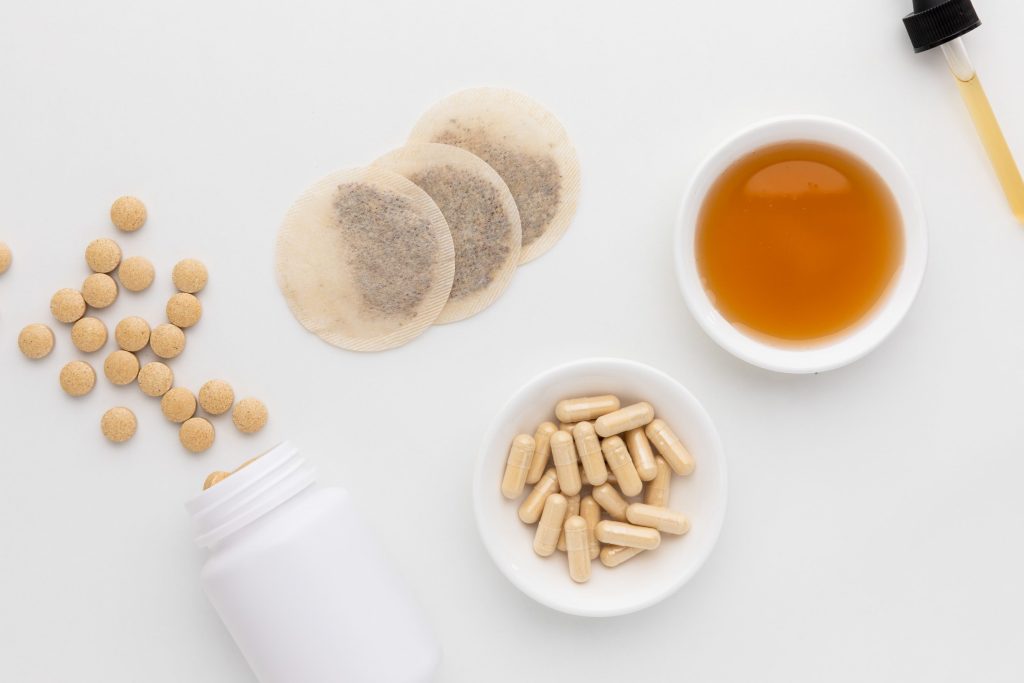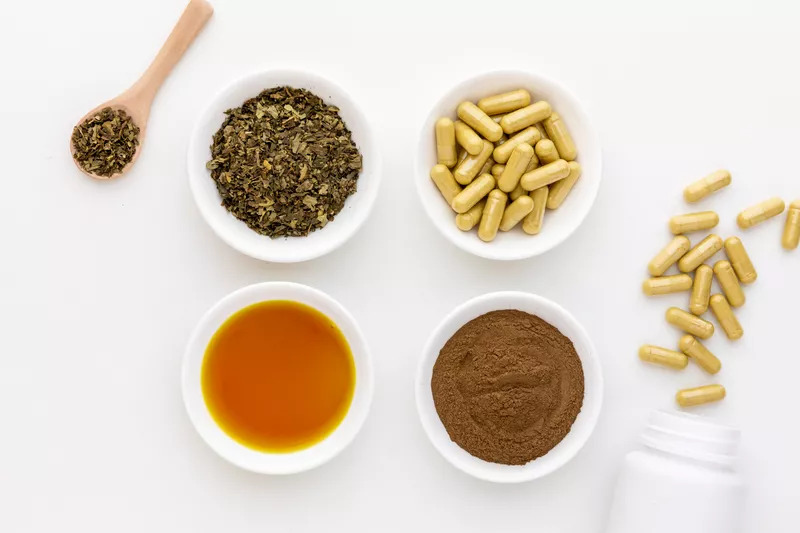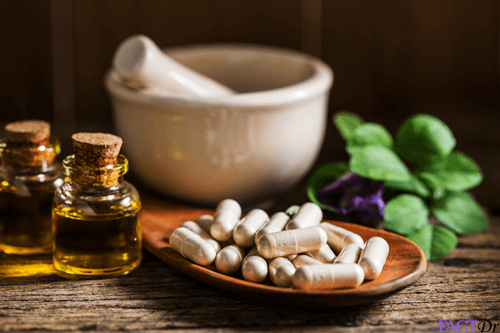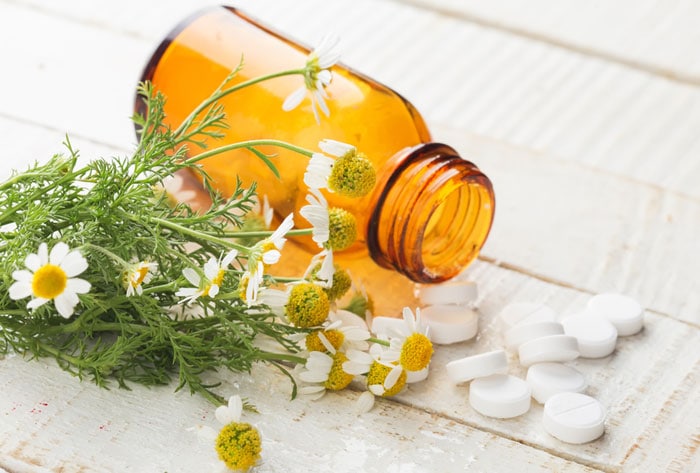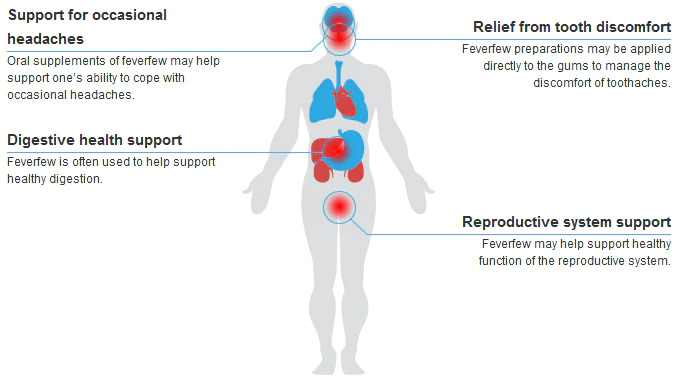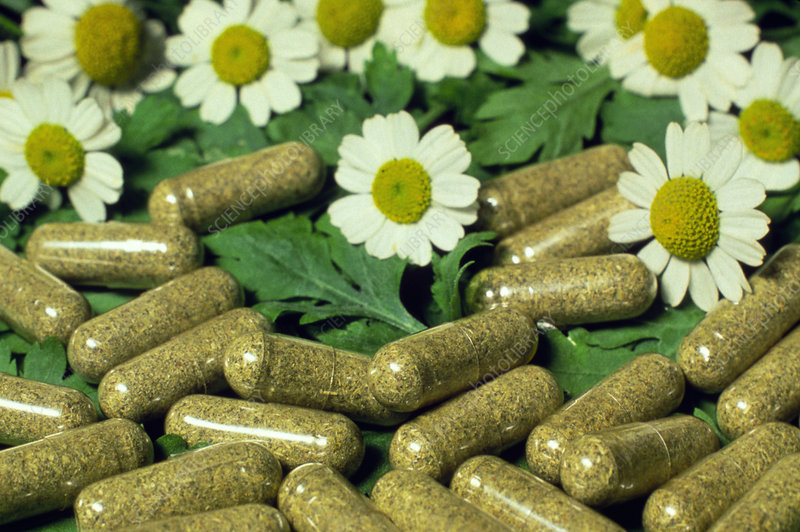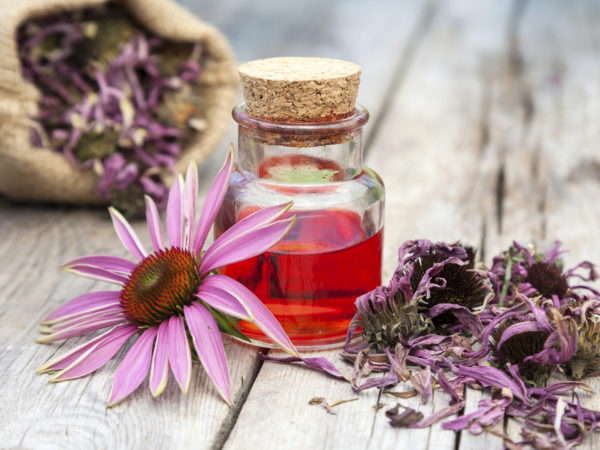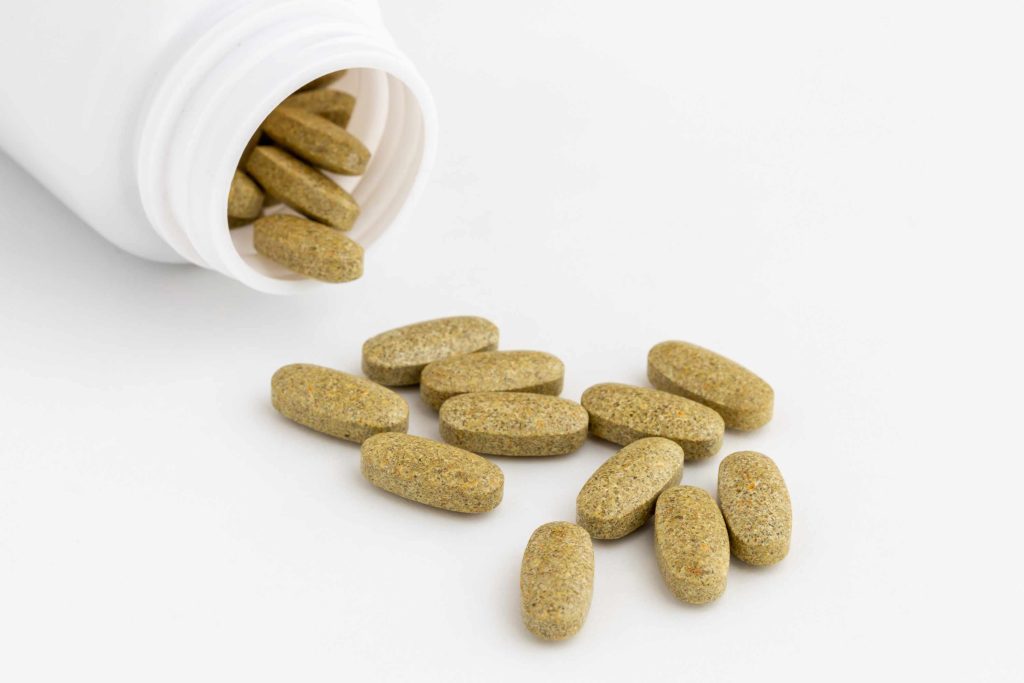Saw Palmetto for Enlarged Prostate Gland and Hair Loss.
Saw palmetto

Saw palmetto, scientifically known as Serenoa Repens, is a shrub-like plant native to the Southeastern United States, most commonly along South Atlantic, sand hills, and the Gulf coastal plain. The plant generally grows 10 feet tall from the ground with leaves as thronshaped, arranged like a fan with many wings.
Nowadays, the berries of saw palmetto are used as a whole or dried and could also be used to make tea. The berries are similar in oil content to the black olive with similar size.
As an alternative medicine, Saw palmetto is used in the treatment of a number of medical conditions in the human body such as:
- Cold
- Hair loss
- Chronic Pelvic Pain
- Asthma
- Cough
- migraine
- Sex drive
- Sore throat
- urinary tract problems
However, this natural herb is mainly known for its assistance in treating prostate problems. It could be used as a natural product or as a dietary supplement to treat urinary symptoms such as Enlarged prostate gland or any other conditions caused by low testosterone level.
Benefits of using Saw Palmetto

In addition to its several features, Saw palmetto consist of several essential health benefits that provides enough evidence for its wide medical application in a human body that includes:
- Prevents cancerous cells
- Regulates testosterone
- prevents hair loss
- Supports prostate health
- might decrease inflammation
- might improve urinary tract conditions
- balances the hormone level
- boost libido and fertility
There might be several other benefits of saw palmetto in addition to those mentioned above. Also, these benefits are obtained due to several residing vitamins and minerals broken down inside human body such as:
- Volatile oils
- Tannin
- Resins
- Vitamin E
- Flavonoids
- Plant Sterols
- fatty acids
Saw palmetto Supplement
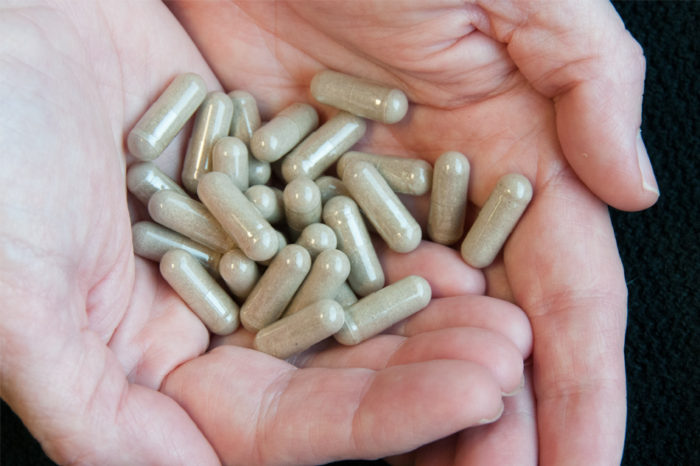
Saw palmetto supplements are herbal medicines made from extract of palmetto’s berries. They are generally used to obtain several beneficial medical properties of natural saw palmetto. In addition to this, there are several high potential healing composites that provide supportive or additional medical properties along with it. These herbal supplements are available in different forms such as pills, soft capsules, liquid extracts, oil, etc. The dosage is based on an individual’s age, medical condition, diet, and other circumstances. It is advisable to consult a doctor before consuming such a supplement to avoid any kind of complication associating the body’s health in future.
Saw palmetto dose for Humans
Saw palmetto is not a kind of mineral content that a human body needs daily to perform certain tasks which could only be pulled out by it. The dosage is based on an individual’s age, medical condition, diet, and other circumstances. People generally consume this natural herb in natural or supplement form to treat several medical conditions or gain several medical properties for the overall being of the body.
There is no clinical evidence that specifically supports an appropriate amount of oral dosing of saw palmetto in a human body. However, adults often take 320-960mg of dose daily for around 3 years. It is Generally advisable to consult a doctor or a health professional and follow their prescription if you are consuming the natural berry or supplement for any reason. Ideally, natural substances are considered safe but must be consumed under certain provisions as their safety is not assured.
REFERENCES:
- https://www.webmd.com/vitamins/ai/ingredientmono-971/saw-palmetto
- https://www.healthline.com/nutrition/saw-palmetto-benefits#Potential-side-effects-of-saw-palmetto
- https://www.nccih.nih.gov/health/saw-palmetto https://www.medicalnewstoday.com/articles/318782#effectiveness
- https://www.verywellhealth.com/the-benefits-of-saw-palmetto-88334
- https://medicine.wustl.edu/news/saw-palmetto-no-benefit-as-prostate-remedy/
- https://www.lybrate.com/topic/benefits-of-saw-palmetto-and-its-side-effects
For more details, kindly visit below.



